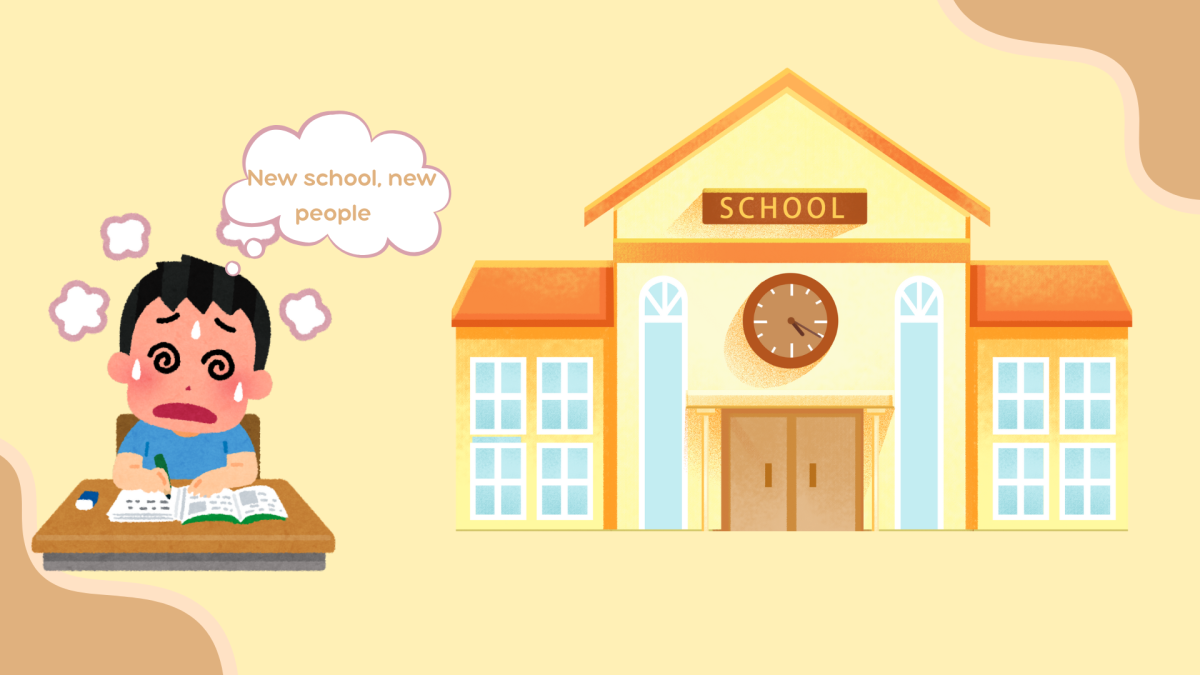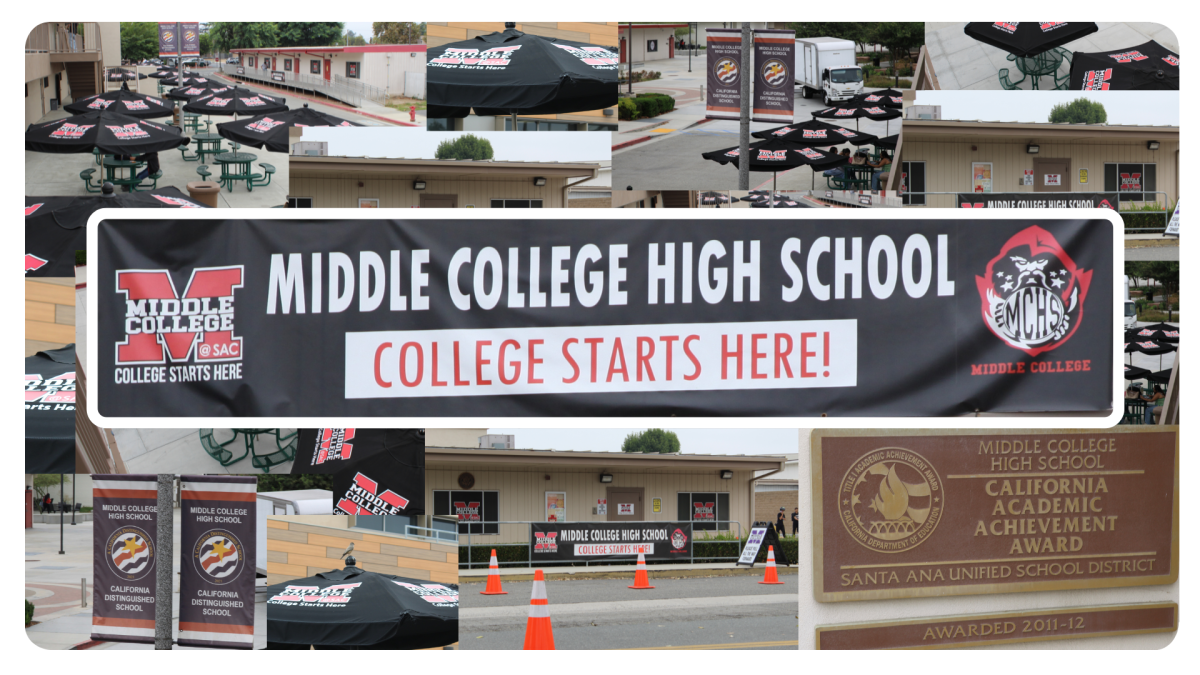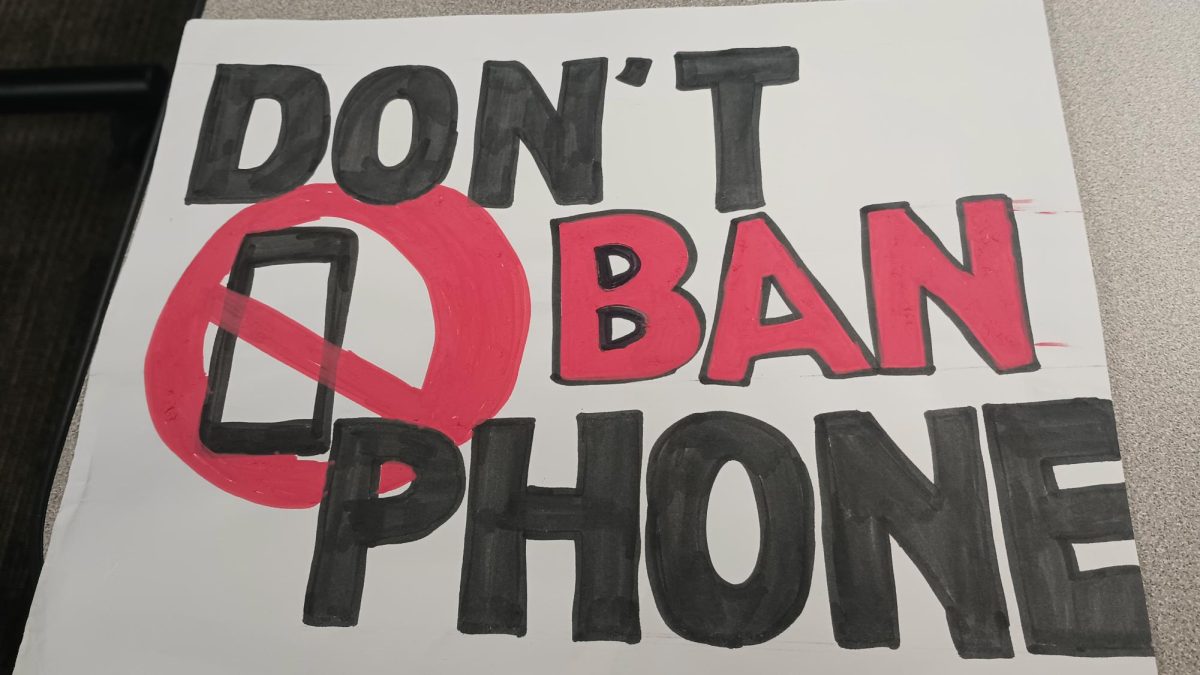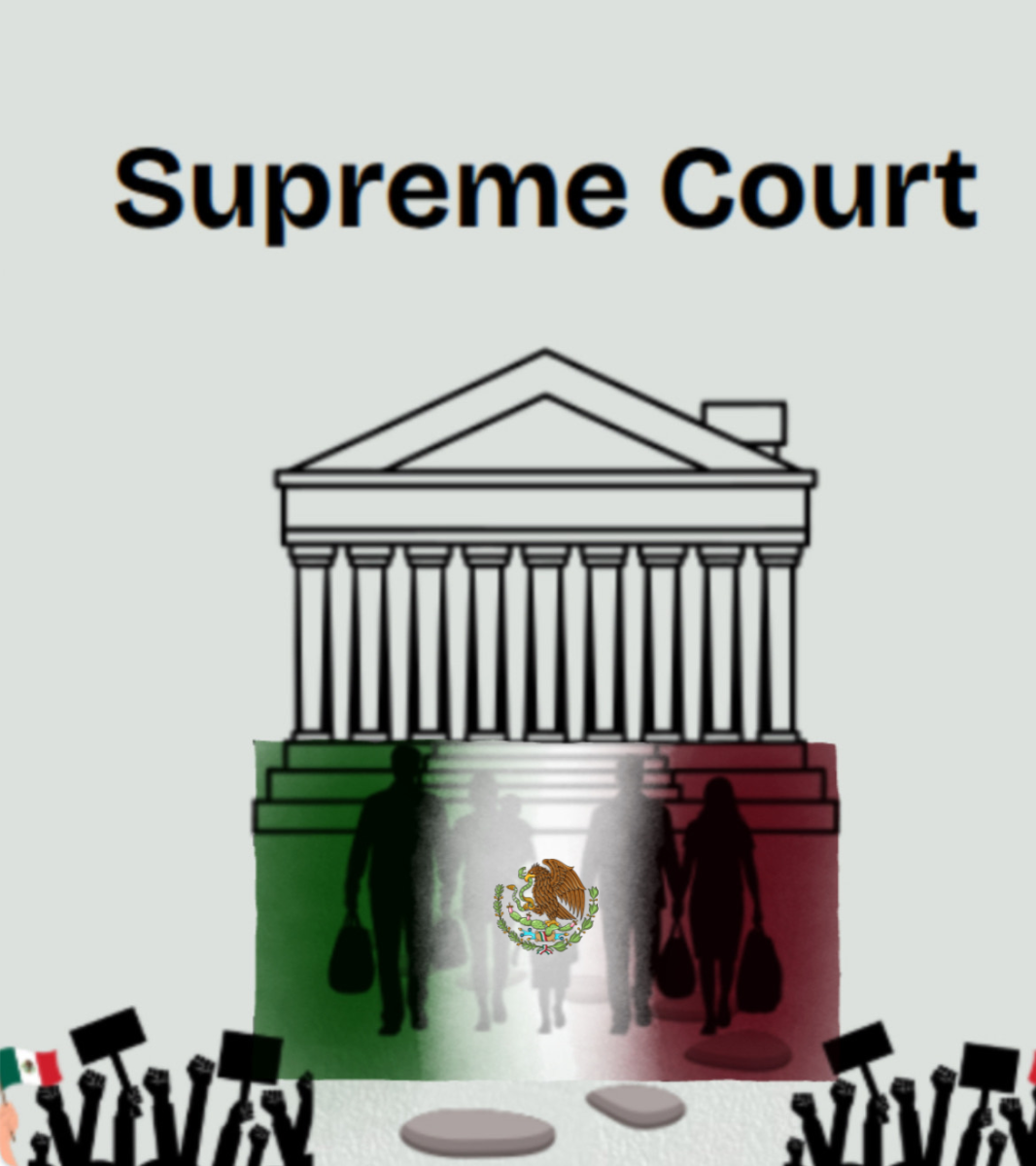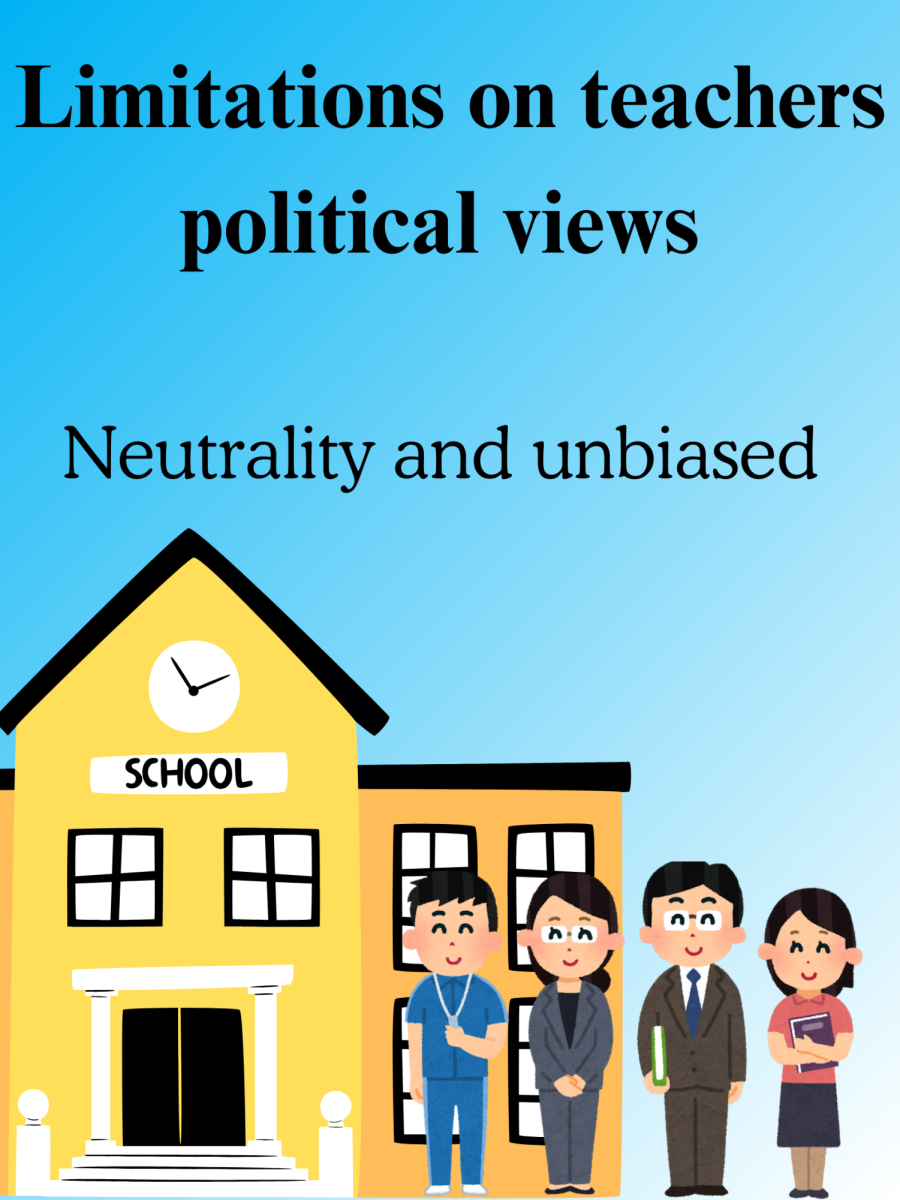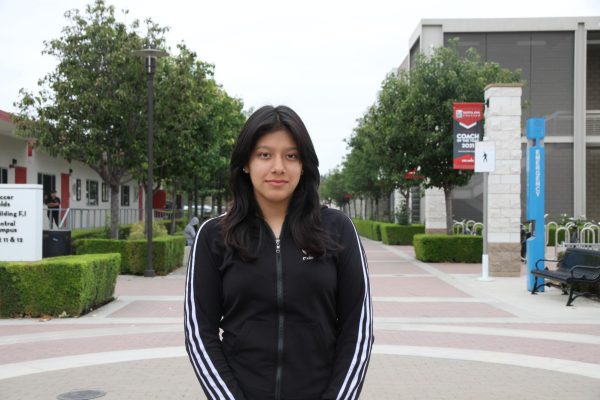In a world with influences everywhere, maintaining classroom neutrality is extremely crucial for fostering an unbiased learning environment.
Teachers must adhere to guidelines, which mainly are about the power imbalance from teachers to students and that teachers should refrain from influencing their students in their own political view.
When they are teaching or discussing sensitive topics such as politics, they must make sure the conversation remains completely neutral and unbiased.
This article explores the limitations on teachers’ political expression and the reason behind those restrictions, highlighting the balance between teaching facts and avoiding personal opinion during political discussion.
When teachers are discussing politics with their students, they should do so by remaining neutral. How do they do this? Santa Ana Unified School District Executive Director of Human Resources, James Ebinder, emphasizes why it is important to allow students to form their own political opinions.
“When it comes to students, we need to make sure that we’re giving them space to form their own opinions. You know, in terms of talking about facts, we can always talk with students about facts. It’s just the opinions that we need to be mindful of, I think it’s important that we allow students to form their own opinions,” Ebinder said.
When talking about politics in the classroom, teachers are allowed to talk about facts with their students. The students are meant to form their own opinions based on the facts they learn. But why is it important for teachers to follow these limitations?
“I think they’re important reminders though for staff because we do have an important role in terms of working with students especially at the upper grade levels beginning to form their own political opinions. Although I know it’s a challenge to either maintain neutrality or make sure that we’re showing all points of views. I think it’s also important that we allow our students as they mature, and are beginning to reach a voting age, to form their own opinions on political views,” Ebinder said.
Some educators think that the guidelines are effective since they can ensure that they stay unbiased and neutral when it comes to discussing politics.
But what do the teachers here at Middle College High School think about these guidelines and how do they stay unbiased when teaching?
World history, college career readiness, and digital media teacher Edward Valenzuela elaborates on his opinion on limitations on teachers’ political views.
“The guidelines are supposed to be, ‘You’re not supposed to tell anybody your beliefs,’ but boy, oh boy. All teachers tell their beliefs one way or another. You can see it on their walls, just to keep it simple like that,” Valenzuela said.
Some educators find these guidelines don’t completely stop teachers from demonstrating their political opinions since you can tell just by looking around their room.
U.S. history and ASB teacher, Rafael Ramos, shared his opinion on the limitations on teachers’ political views and discussed.
“Right now, we’re witnessing the shift from a Democratic president to a Republican one. And, we can say we’re seeing a shift from a liberal phase to a conservative one. So, a person who identifies as a liberal, who was confident in talking about certain issues, might now feel less confident in speaking about those issues. They might think, ‘Oh my god, right now there is a very conservative political climate, and I might be targeted if I say anything liberal leaning.’ And the same is also true for someone who is conservative, when there’s a very liberal political climate. As the pendulum swings between liberal and conservative phases, some people feel like they need to be more careful about what they say, or they feel emboldened and empowered to say what they want, ”Ramos said.
Different people will feel more emboldened or more paranoid depending on the political atmosphere, but how do these factors affect teachers’ abilities to discuss politics with their students?
Mr. Ramos explained this.
“I do not change how I talk to students, or what I teach, based on the political climate because of the subject that I teach. History is political, it’s controversial, and it’s about making connections and seeing patterns between past and current issues. In a way I feel more protected. However, that does not mean that I am not concerned about what I say. Regardless of the country’s political climate, when I am speaking about political issues in my class, I am always worried about how a parent, student, or administrator might interpret it,” Ramos said.
These are the perspectives of some of the teachers here at Middle College and their point of view on this topic and how the limitations on teachers’ political views impact their way of teaching.
“We are a school district and we expect our employees to kind of model appropriate behavior for students in the workplace,” Ebinder said. “So that’s really a big piece of why it’s important that we maintain those standards.”

